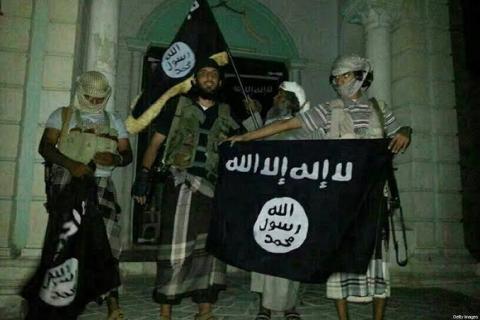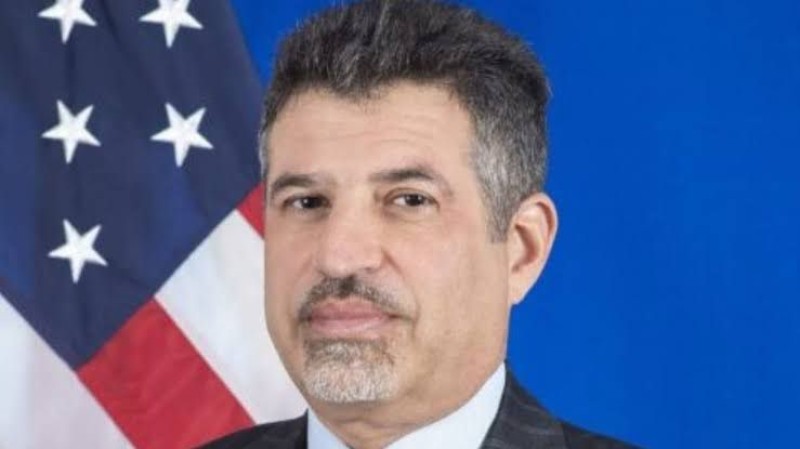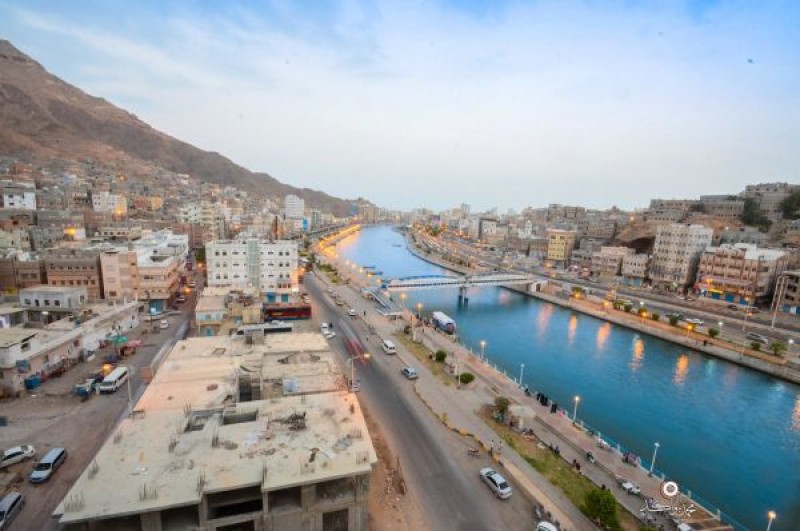First fuel ships enter rebel-held Hodeida after Yemen truce


Yemen has been embroiled in conflict between the government, supported by a Saudi-led military coalition, and the Iran-backed Huthi rebels since 2014, when the insurgents seized the capital Sanaa.
Since 2016, the coalition has enforced an air and sea blockade, with exemptions for aid flights, accusing Tehran of smuggling weapons to the rebels. Iran denies the charge.
"The fuel ship, Ceasar, has now arrived to the port of Hodeida after being held up for 32 days," the Yemen Petroleum Company (YPC), which is under rebel control, said in a statement.
On Sunday, it announced the arrival of the first boat after it had been "held up for 88 days".
Flights to and from Sanaa are to follow under the ceasefire deal.
Areas under rebel control -- which include much of the country's north and parts of the west -- have suffered a fuel crisis for months, with the Huthis accusing the coalition of detaining oil ships since the start of January.
But a two-month truce took effect Saturday, the first day of the Muslim holy month of Ramadan, bringing a glimmer of hope in a brutal conflict that has killed hundreds of thousands and left millions on the brink of famine in Yemen, long the Arab world's poorest country.
Essam al-Moutawakel, a spokesman for the YPC, told AFP that the latest fuel shipments "will not end the fuel crisis, as the demand is very high... but it could alleviate its severity".
Under the UN-brokered agreement, all ground, air and naval military operations, including cross-border attacks, should cease.
In addition, 18 fuel ships are to be allowed into Hodeida port, a lifeline for Yemen, and two commercial flights a week can resume in and out of Huthi-held Sanaa airport.

Riyadh — U.S. Ambassador to Yemen, Steven Fagin, on Monday underscored Washington’s commitment to the unity of the Presidential Leaders…

Abyan — The Southern Transitional Council (STC) in Yemen announced on Monday the launch of wide-scale military operations in Abyan province,…

Aden – Yemen is witnessing heightened political activity aimed at defusing tensions in the eastern provinces, where competing forces have vie…